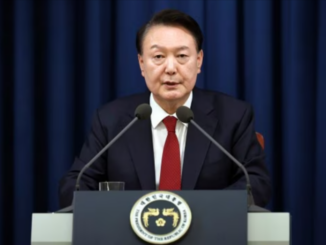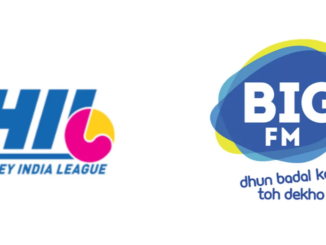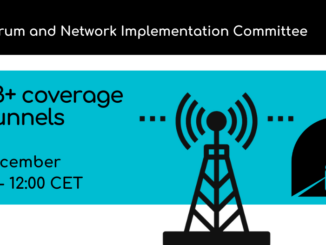
Story of 6-year old Hind Rajab’s last phone call before being shot dead in Gaza wins Global Media Peace Award
The first edition of the Global Media Peace Awards concluded with an online ceremony bringing together creators from across the globe on November 26.Organized by Executive Education HEC Montréal in partnership with the Pale Blue Dot Foundation, this initiative marked a significant step forward in using media as a vector for peace, resilience, and global understanding.This first edition aligns the school with an ambitious goal: mobilizing creative forces to address today’s challenges while integrating peace and tolerance at the heart of global discourse.It received 189 submissions across the Radio, Television, and Digital Media categories. The laureates were selected by a prestigious jury of internationally renowned experts.The radio jury was chaired by Dan Santa (Chairperson), Ph. D., director-International Relations, Radio Romania. Other members of the jury included Andrea Borgnino, Journalist, author, and radio host, Rai – Italy, Irina Kornienko, Director of the Radio Culture Channel of the Ukrainian Public Broadcaster, Giedrius Masalskis, Head of Radio – The Lithuanian Public Broadcaster, Colleen Holder, Dir. Corp. Comms. & Productions, Parliament of Trinidad, and TobagoAde Irosadi, Head of LPP RRI- Indonesia and Flavia Voinea, Journalist, Manager of Bucharest FM Radio Romania Regional Network.The first prize in the radio category went to Azzura Meringolo Scarfoglio for “Help me! I am a little girl; they are shooting at me.” Hind’s last phone call from Gaza.Second prize went to Nguyen Vu Duy, Nguyen Thi Thu Hoa, Nguyen Pham Huan, Nguyen Quynh Hoa and Lai Thi Hoa for Coming Home.
Mohamad Chegeni won the third prize for Human Extinction. […]





